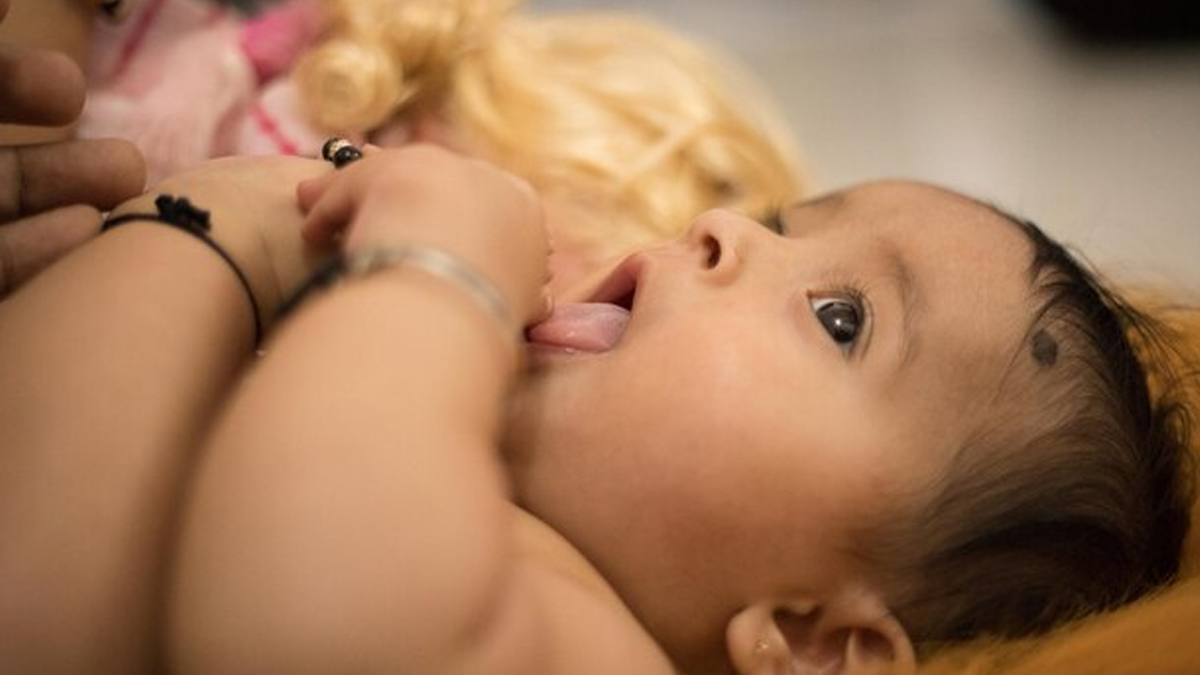Newborn Tips: Here Is How To Recognise The Signs If Your Baby Is Hungry
Bringing a newborn into the world is a lovely experience, but it's not without challenges. One of the biggest concerns for new parents is understanding their baby’s hunger cues. As babies are unable to tell us verbally what they need, they communicate their hunger through faint and sometimes not-so-faint signs. Recognising these signals early on will help avoid fussiness and see that your little bundle of joy is full and content.
Babies tend to exhibit early hunger signs before they begin crying. Picking up on these cues can make feeding less stressful and easier for the baby and the parent. Here are some of the earliest signs to recognise hunger in newborns:

Your baby may begin to move their lips, smack them together, or make sucking movements even without anything in their mouth. This is an obvious sign that they are hungry.
If you stroke your infant's cheek softly, they might turn their head in the direction of your stroke and open their mouth as if seeking the breast or bottle. This reflex is another hunger signal in infants.

Infants tend to bring their hands to their mouths and begin sucking on their fingers or fist. This self-soothing action indicates that they are hungry and attempting to fulfil their need to suck.
If the early signs are not attended to, your baby might display stronger hunger cues, such as:

A hungry baby can suddenly get more awake and alert, moving their arms and legs more often. They can also begin turning their head back and forth to look for food.
As hunger becomes more urgent, babies may squirm, stretch, or get increasingly fussier. These actions are usually their way of communicating to you that they need to eat soon.
Some babies may attempt to latch onto whatever is close to their mouth, like a blanket, their fingers, or even your shoulder if you are holding them.
If early and mid-stage hunger signals are not addressed, a baby will move up to late-stage hunger signals, which are:

Crying is a late hunger signal and can complicate feeding, as an upset baby is sometimes unable to latch efficiently. It is better to feed your baby earlier before reaching this point to keep them calm and facilitate easier feeding.
An extremely hungry infant may become visibly distressed, with a red face and clenched fists. This is a sign of frustration from delayed feeding.

Some infants show hunger through intense physical activity, such as arching their back or kicking their legs fiercely. This is an indication that they are desperate for food.
Newborns have small stomachs and need frequent feedings, usually every 2-3 hours. Since every baby is unique, some may require more frequent feedings. Breastfed babies will feed more than formula-fed babies because the breast milk gets digested fast.
[ This article contains information for informational purposes only. Hence, we advise you to consult your professional if you are dealing with any health issue to avoid complications.]










